US' cruel sanctions on Iran amount to collective punishment of millions of innocent lives: New York Times
A leading American newspaper has denounced as "cruel" the ongoing efforts by the administration of US President Donald Trump to pile up sanctions on Iran amid the deadly coronavirus pandemic, saying the imposition of embargoes amounts to collective punishment for tens of millions of innocent Iranians.
An op-ed article by the New York Times published on Tuesday said US efforts to cut Iran off from the rest of the world in the midst of the pandemic were "cruel," as the country is the hardest-hit in the Middle East.
To hermetically seal the Iranian economy off from the rest of the world, the paper said, the hawkish US administration has slapped draconian embargoes on Iran, the latest of which targeted 18 Iranian banks that appear to have been the last financial institutions with international ties left untouched by Treasury Department sanctions.
In its latest move, the US, which usually sanctions Iranian banks under the claim that they help terrorism or the country's peaceful nuclear program, has not even spared the country's Bank Maskan, which specializes in mortgages, and Bank Keshavarzi Iran, which lends to farmers, the paper said.
"This sweepingly broad application of sanctions amounts to collective punishment for tens of millions of innocent Iranians," the newspaper said.
"The new sanctions against these 18 banks are particularly cruel during a pandemic," it added.
Although Trump administration officials insist the sanctions, which will take effect in December, don’t apply to food and medicine and they claim they have provided waivers to companies that want to sell needed supplies to Iran, the article said, the process of getting waivers approved is too "cumbersome and time-consuming" to meet health needs during a pandemic, not to mention the obstacles facing the country in its banking transactions due to the sanctions, which make it difficult for Iran to touch the export revenue it earns.
The paper also criticized the US administration for obstructing a $5 billion loan from the International Monetary Fund to help Iran combat the coronavirus pandemic.
It said that the embargoes have also enraged America's closest allies as the "unilateral and extraterritorial nature of the sanctions" have threatened their companies, thus prompting the countries to refuse to have Washington's back at the UN Security Council in its bid to extend an arms embargo on Iran, which is to expire in days.
"The United States has been virtually alone on the United Nations Security Council in trying to ratchet up pressure on Iran," the article said, adding, "The more the United States throws its weight around, the more appetite there will be around the world for establishing alternative financial mechanisms that will ultimately deprive Washington of its global clout."
The paper also recommended that American officials stop piling sanctions on Iran during the pandemic, noting the US ' so-called maximum pressure campaign "has not achieved the ultimate goal of forcing the Iranian government to capitulate to Washington."
As Barbara Slavin, director of the Future of Iran Initiative at the Atlantic Council, says the American “maximum pressure” campaign against Iran is “sadism masquerading as foreign policy," it said.
Since pulling out of a historic multilateral deal with Iran and other major powers in 2018, the US has been piling up pressure on Iran through reinstating of the sanctions that had been lifted under the agreement and adding new sanctions.
Washington has been prodding even its allies into following suit in cutting their trade with Iran, and even threatening them with secondary sanctions.
Despite its concerted efforts, the Trump administration failed to renew an arms ban against Iran through a resolution at the UN Security Council in mid-August as the draft was supported only by the Dominican Republic, leaving it far short of the minimum nine “yes” votes required for adoption.
The following month, the US suffered another resounding defeat as it failed to trigger the so-called snapback provision in the nuclear deal aimed at re-imposing all UN sanctions against Iran, as UN Security Council member states questioned the US’ claim that it was still a participant state to the nuclear accord, citing its unilateral withdrawal in May 2018.
US intel. chief blocked report on ‘call between foreign agent and Trump associate': Whistleblower
VIDEO | Al-Zahra: Once vibrant Gaza City reduced to ruins in Israeli bombing and selling
Iraqi volunteers enlist to support Iran against potential US attack
ICE secretly deports Palestinians in Trump ally's private jet to Israel: Report
VIDEO | Press TV's news headlines
IRGC captures nearly a dozen PJAK terrorists in western Iran
Iran, Qatar say keeping regional peace is shared responsibility
AFC Futsal Asian Cup 2026: Iran lifts championship trophy for 14th time





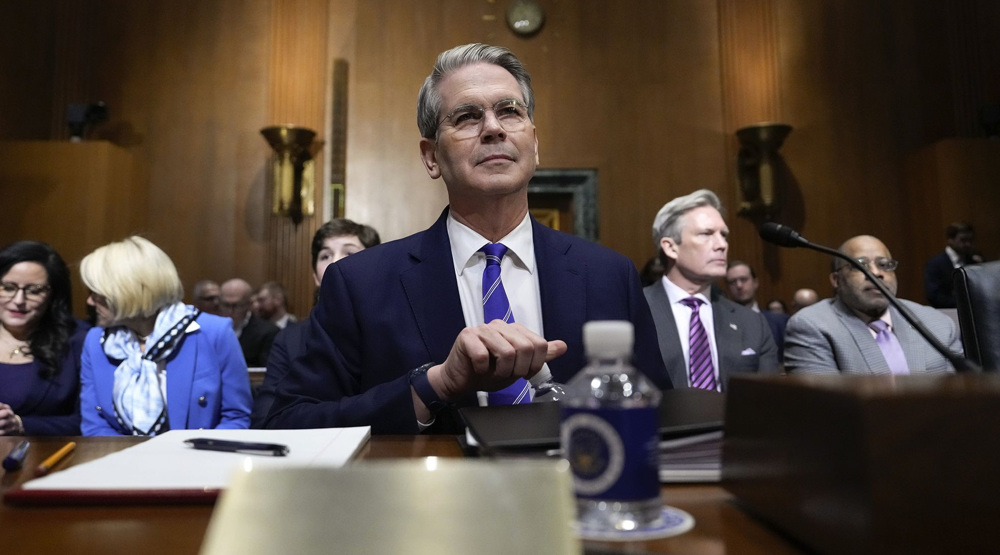
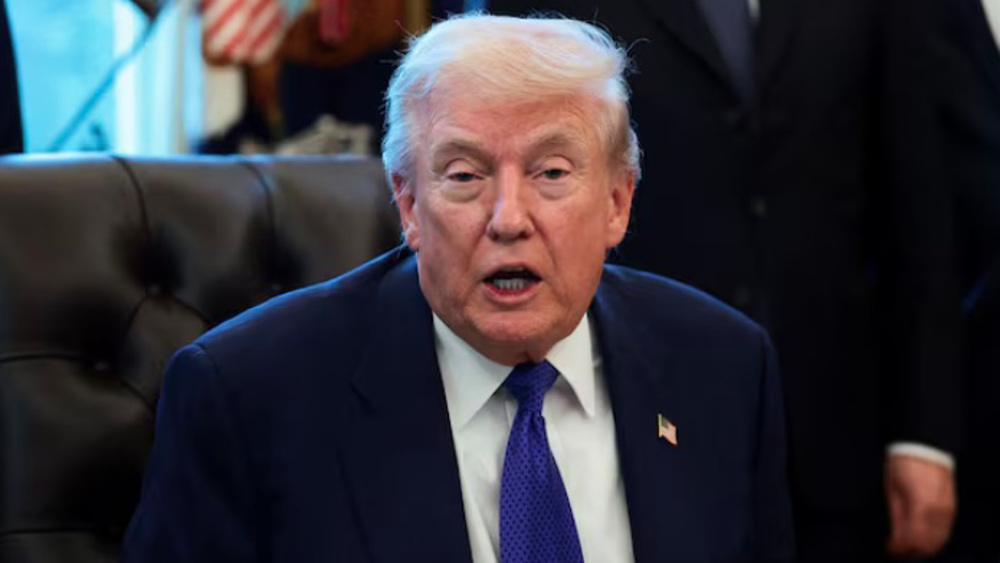
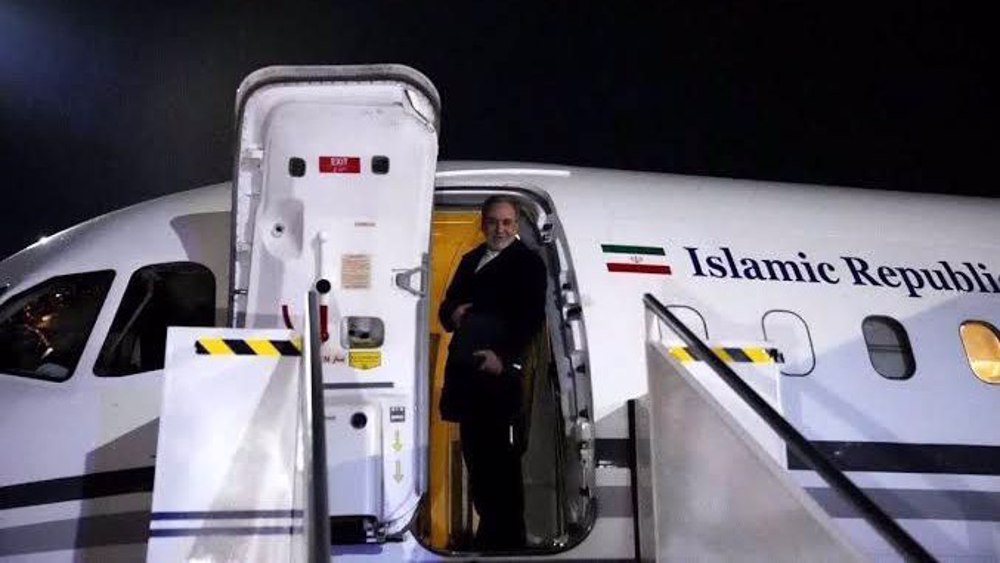



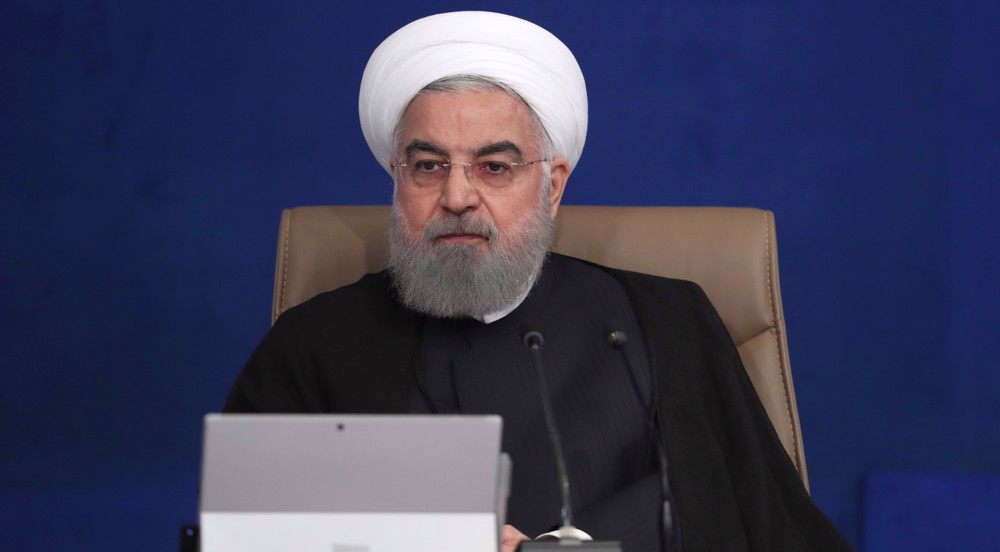
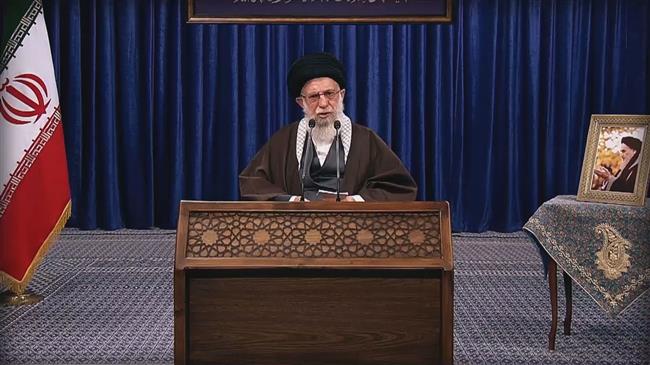




 This makes it easy to access the Press TV website
This makes it easy to access the Press TV website